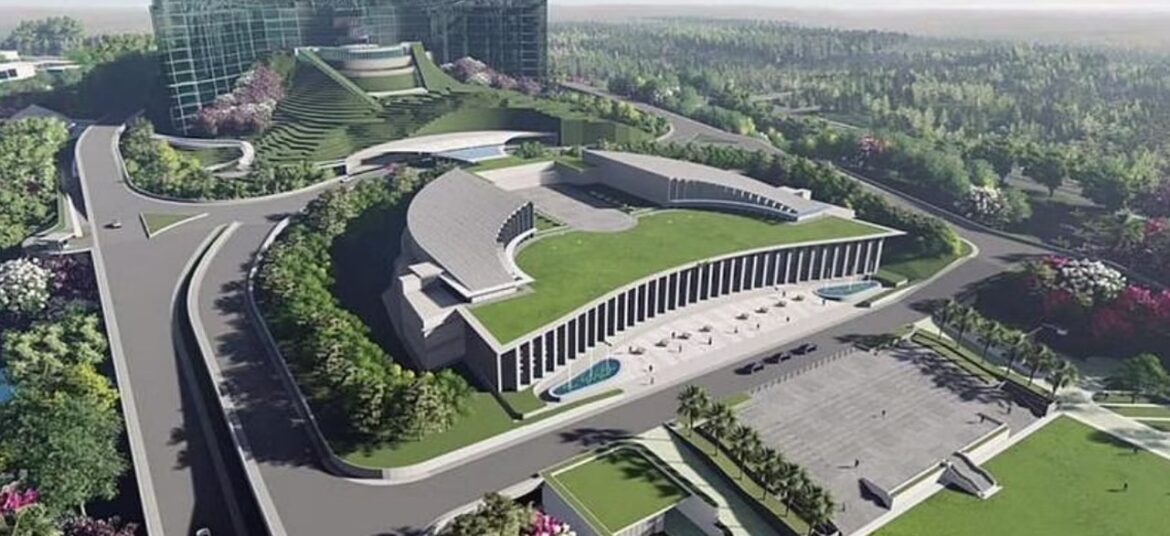Indonesia’s new capital project is expected to drive demand for digital finance, automated systems, and green products.

In less than two years, Indonesia will move its capital to a new city called Nusantara. It means archipelago in Old Javanese and construction work is already in full swing. For businesses in the country, this marks a sharp shift from the congested capital Jakarta into a brand new territory.
Jakarta is facing an ecological crisis, and according to projections, it could sink by 2050. Hence the decision to establish a new capital. Situated deep within the Kalimantan jungle on Borneo island, the new capital is envisioned as a sustainable and smart city.
This means that corporations engaged in “green” businesses would get preference. The Indonesian government has also met with global renewable energy companies to woo them to invest in Nusantara.
The big shift
The development of Nusantara will happen in stages so that businesses get ample time to set up their infrastructure in the region.

Close to 1.4 million people are expected to reside in Nusantara by 2045. This will open up opportunities for sectors such as green energy, real estate, agriculture, transport and communications, FMCG, and retail.
Research from Indonesia’s energy ministry shows that East Kalimantan’s combined potential for biofuel, hydro, solar, and wind energy can reach up to 20 GW. In the initial phase of the capital shift, there will be a focus on developing renewable energy sources. Companies engaged in clean power and allied businesses stand to benefit, especially considering that the current renewable capacity is insignificant.
Areas of growth
Commercial growth prospects are aplenty. Even neighbouring countries such as Malaysia have expressed interest in investing in Nusantara. In fact, Malaysian government authorities have asked businesses to look for non-traditional business opportunities, such as education and health. These are the two immediate business areas:
Green economy: Indonesia wants to minimise pollution in Nusantara. This is good news for electric vehicle makers to set up business operations in the capital. Gojek and Grab are two companies that could see massive potential. Simultaneously, technology firms involved in building smart cities will also find relevance here.
Real Estate: Property developers are keen to expand their business in Nusantara. This would include building homes for residents, commercial buildings, as well as hotels for tourists.
Will there be challenges?
President Joko Widodo wants Nusantara to be a 10-minute city, which means moving from one place to another would take 10 minutes or less. Twenty percent of the funding will come from the state, while the rest will be external investments.
But the project needs rapid financial support towards this endeavour. With Japan’s SoftBank reneging on its investment commitment, there are financial challenges. Indonesia has sought funds from Saudi Arabia and the UAE for the $34 billion Nusantara project.
The mammoth project also faces some constraints. Experts believe that the shift to Nusantara could impact the endangered flora and fauna in the region.
Considering the size of the investment, a public-private finance model has been proposed. The actual shift from Jakarta to Nusantara will depend on how soon the financial needs are met.

Caramia Whardana is Country Manager of our Indonesian subsidiary, Indonesia Business Partners. Caramia has over 30 years of experience in Indonesia’s banking sector, wherein she held multiple senior management positions in HSBC Indonesia, across various functions.
Stay up to update with our latest news.
Have Us Contact You
